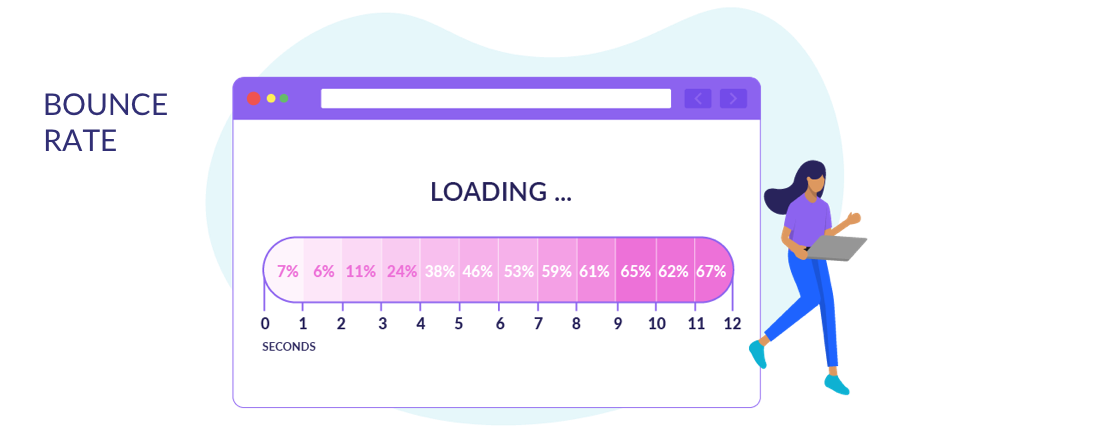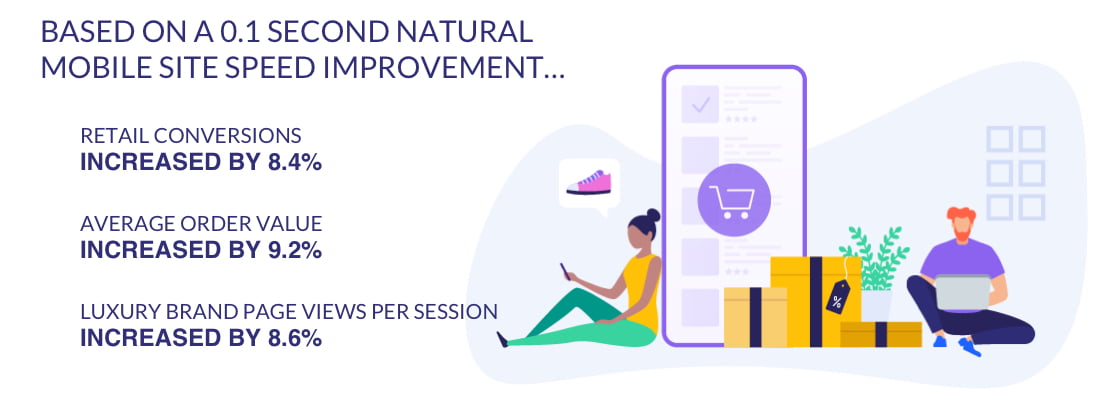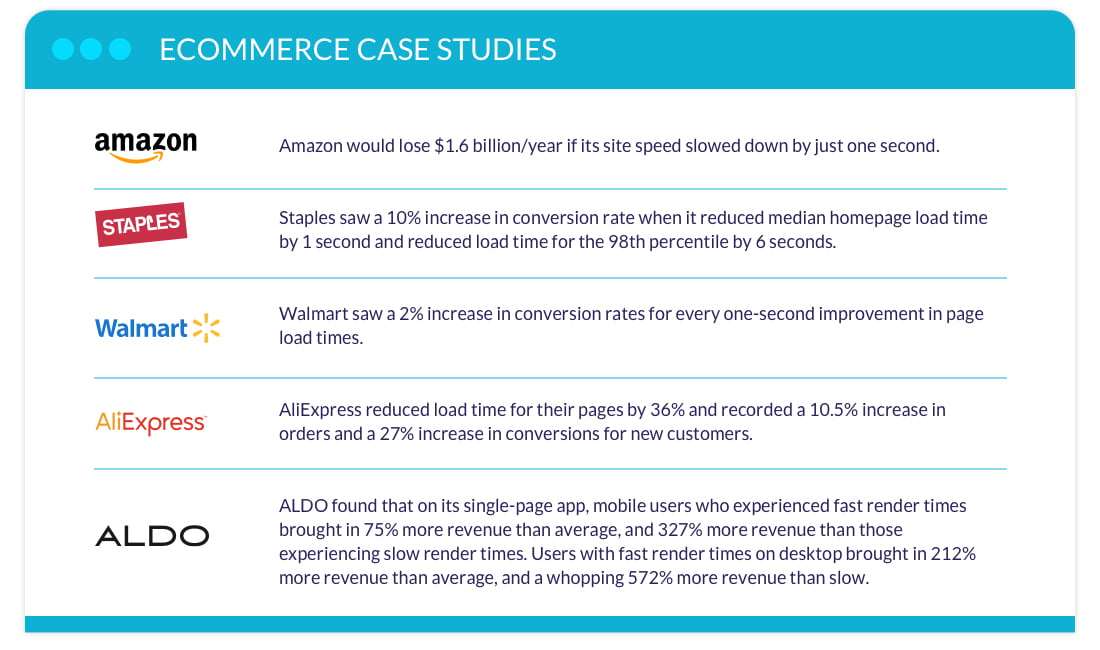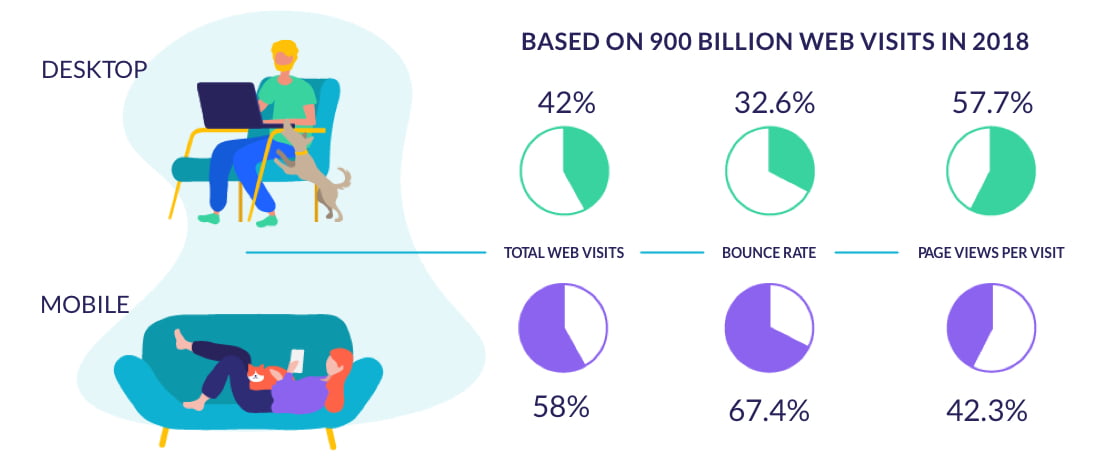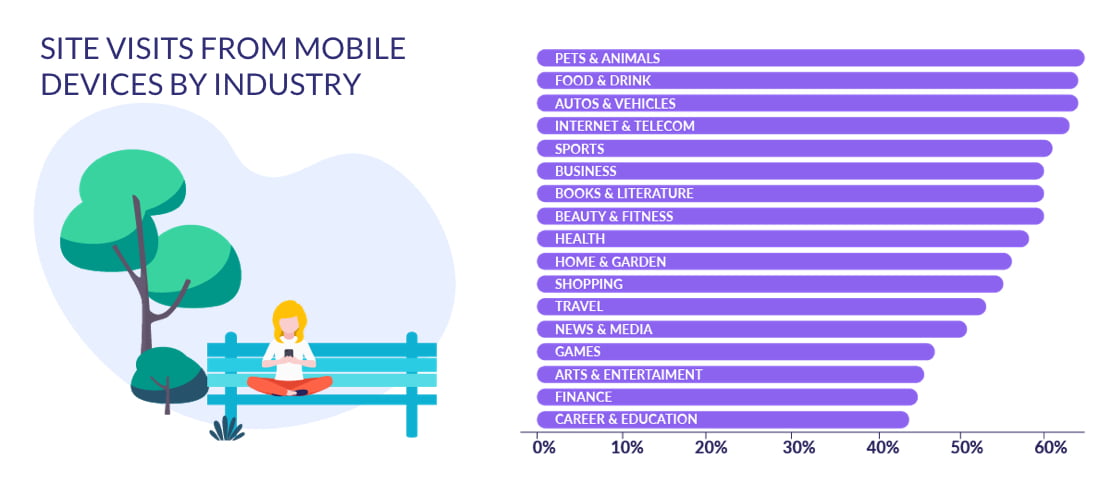By Jacob Wolinsky. Originally published at ValueWalk.
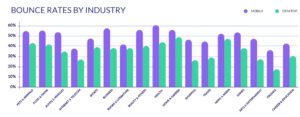
Slow load speed can have far-reaching effects on a website’s success, particularly for ecommerce stores in often saturated markets. Even an extra second of waiting time can be the difference between a sale and a shopping cart left incomplete.
Q2 2020 hedge fund letters, conferences and more
One in four visitors would abandon a website that takes more than four seconds to load, which means the abandoned page will have a high bounce rate.
A high bounce rate then signals to search engines that users don’t find the page content useful, so its rankings will slip, too – which in turn means less organic traffic landing on the site to begin with.
Perhaps worst of all, ecommerce websites will lose ready to buy customers if their checkout page is even a little bit slower than the competition’s. And losing customers means losing sales – even a one second delay will reduce conversions by 7%. In short, speed is vital for business websites.
A slow site will experience reduced page views, decreased customer satisfaction and loyalty, reduced conversions, and lower SEO rankings. But the good news is that even marginally increasing a website’s speed will pay dividends:
How Fast Should a Website Load?
Ideally, you’ll want your website to load within three seconds, or two seconds if it’s an ecommerce site. The two-to-three second mark is the turning point where bounce rates skyrocket.
How Does Site Speed Impact Sales?
Say you’re running an ecommerce site that makes $100,000 per day. For you, a one second page delay could cost $2.5 million per year in lost sales.
No business, small or large, is spared from the importance of load speed:
And in this age of impatience, it’s easy to lose out to competitors over a difference in load time. 14% of customers will begin shopping on another site if they have to wait for a page to load, and 51% of online shoppers in the US say that site slowness is the top reason why they would abandon a purchase.
Why is a Fast Site Needed for Mobile?
Site speed will differ depending on the use of mobile vs desktop devices. Mobile devices naturally have slower load times than desktop computers, but mobile devices also account for more than half of site visits in the US, so it’s important to create the best possible user experience on mobile. You don’t want to miss out on a massive audience!
Check out the breakdown of mobile vs desktop browsing, based on a 2018 study of 900 billion web visits:
A mobile-optimized site is an important asset for every business, but some sectors are more mobile-dictated than others. Namely, the pet, food, and auto industries come out on top with the most mobile visits:
How Can A Website’s Load Time be Improved?
First, you need to know what your website visitors are looking for. Users expect simple navigation, easy access across devices, and relevant, credible information delivered as directly as possible. Achieving these standards will have excellent payoffs for any business. When we spoke to Carla Diaz of BroadBand Search about her experiences, she reiterated the huge effects of a few simple tweaks:
“We simplified layouts, optimized images, and adjusted our caching techniques to align more accurately with site optimization. The positive effects were almost immediate. We had a 70% increase in visitors browsing further than the landing page, and the average browsing time more than quadrupled.”
Some variables, like a user’s internet connection, are out of the website owner’s control. But most factors are within your reach for fixing, including small improvements to your web hosting, media, plugins, browsers, and cache. Whether it’s compressing images or choosing a web host with a strong uptime guarantee, there are practical solutions that don’t need to be outsourced to an expert in order to execute.
The Takeaway
You have the power to improve your own website’s loading time, and you won’t need a computer science degree to get started:
- Researching strong web hosting providers
- Using a content delivery network (CDN)
- Optimizing images, videos, and files
- Decluttering plugins
Better yet, as we’ve seen, even the smallest increase in speed can have massive retail rewards.
Author Bio:
Maura Monaghan is a tech writer at Website Builder Expert, where she specializes in web hosting and content marketing. She knows through experience that you don’t have to be a computer whiz to create a great website, and loves to share that confidence with others.
The post Why Website Speed Matters More Than You Think appeared first on ValueWalk.
Sign up for ValueWalk’s free newsletter here.



